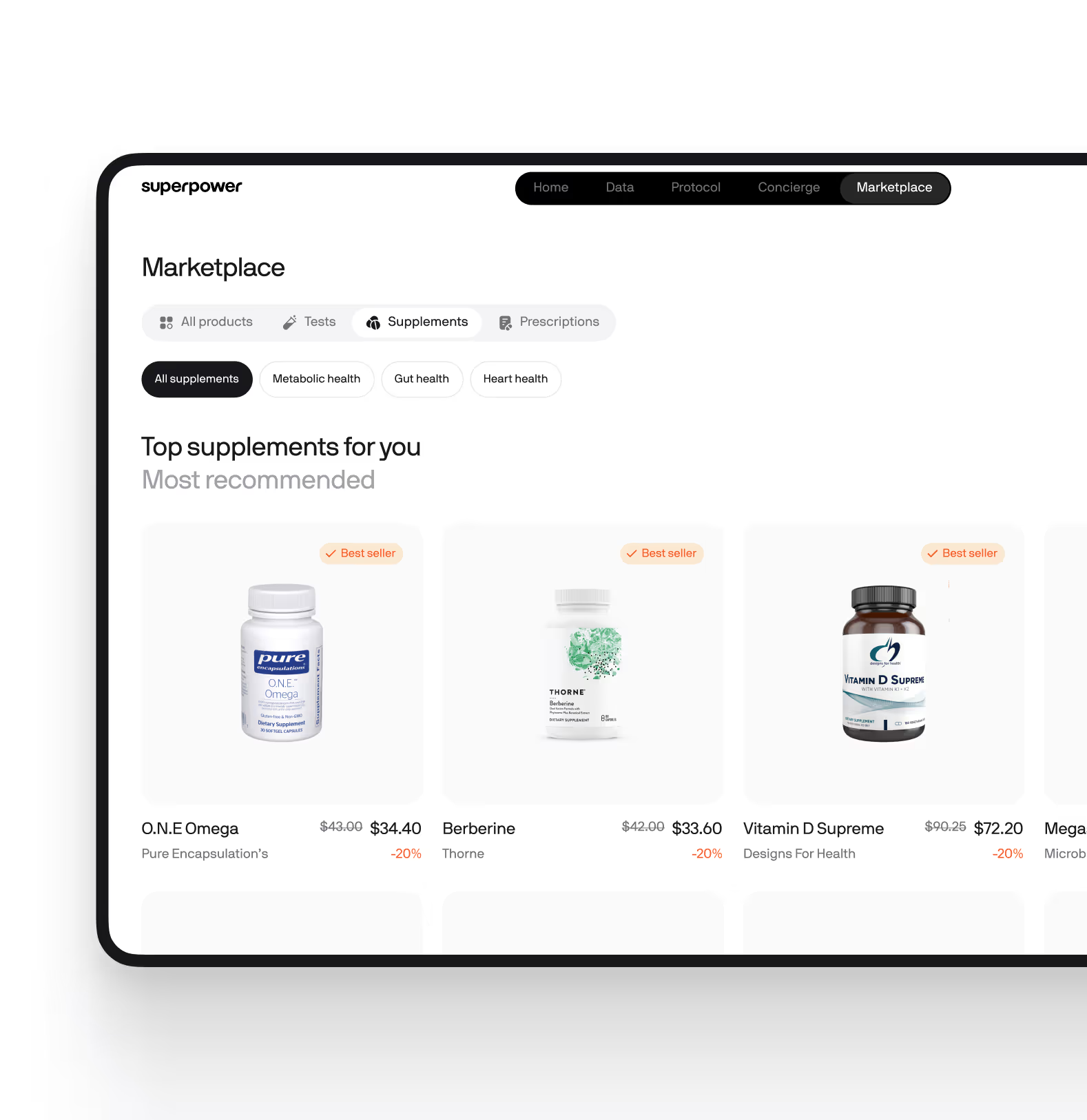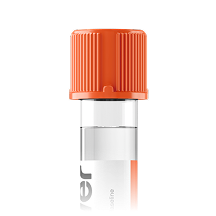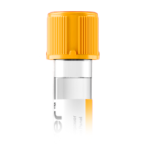Key Insights
- Understand how this test detects liver tumor–related activity, helping flag possible hepatocellular carcinoma (HCC) presence or progression.
- Identify a cancer-linked biomarker (alpha‑fetoprotein, AFP) that can help explain unexplained liver imaging findings or symptoms such as unintentional weight loss or persistent fatigue.
- Learn how tumor biology, liver regeneration, and individual factors like genetics or underlying liver scarring may shape your AFP results.
- Use insights to guide next steps with your clinician, such as confirming suspicious findings with imaging or refining a surveillance or treatment plan.
- Track AFP trends over time to monitor tumor dynamics, treatment response, or recurrence risk after therapy.
- When appropriate, integrate this test with liver imaging and related tumor markers (e.g., AFP‑L3% and des‑gamma‑carboxy prothrombin) for a more complete cancer assessment.
What Is an AFP Test?
The AFP test measures alpha‑fetoprotein, a protein that can be produced by certain liver tumors, most notably hepatocellular carcinoma. It is a simple blood test, typically performed on serum. Results are reported as a concentration (for example, ng/mL) and interpreted against laboratory-specific reference ranges and clinical cutoffs. Many laboratories use automated immunoassays with chemiluminescent detection for speed and sensitivity; some may reflex to confirmatory methods depending on context. Because methods and reference intervals differ by lab, interpretation always relies on the test’s stated range and your clinical picture. Serial measurements are often more informative than a single value.
Why it matters: AFP can reflect tumor activity inside the liver, offering clues about cancer presence, burden, and biology. In practice, clinicians use AFP to complement liver imaging in evaluating suspicious lesions, to support surveillance in people at elevated risk for HCC, and to track response after therapies like ablation, resection, or systemic treatment. Interpreted in context, AFP provides objective data that can uncover early changes before symptoms are obvious and help map how the disease is evolving over time.
Why Is It Important to Test Your AFP?
AFP ties directly to how some liver cancers behave. Many HCC tumors secrete AFP into the bloodstream as they grow; rising levels can mirror increasing tumor activity, while declines after treatment can signal effective tumor control. Even when imaging is equivocal, AFP can add another layer of biological evidence about what the tumor is doing — much like checking a heart rate during a workout to understand effort, not just speed. This is especially relevant in long-term monitoring where trendlines, not just snapshots, tell the truer story.
Zooming out, AFP supports prevention and outcomes by delivering measurable feedback. Regular testing in at‑risk individuals can help detect warning signals earlier, guide the timing of more definitive imaging, and evaluate how well an intervention is working. The goal is not to “pass a test,” but to understand where your biology stands today and how it changes with care, so decisions about surveillance, procedures, or therapies are driven by clear, objective data.
What Insights Will I Get From an AFP Test?
Your report typically shows a numeric AFP level compared with the lab’s reference range, sometimes alongside prior results to visualize trends. “Normal” reflects what is common in a general population, while “optimal” in cancer care usually means values and trajectories associated with lower suspicion and better control. Context matters: the same number can carry very different meaning depending on your imaging, treatment status, and clinical history.
When AFP sits in a low and stable zone, it suggests low tumor secretory activity, aligning with effective control or absence of AFP‑producing disease. Biology is individual: genetics, background liver health, and recovery after treatments can all shape where your level sits.
Higher or rising AFP may indicate active tumor secretion, increasing burden, or recurrence risk, especially if the change is consistent across repeat tests. That does not equal a diagnosis by itself; it is a signal to correlate with imaging and, if needed, further workup.
The real strength of AFP is pattern recognition over time. When layered with your imaging findings and, when appropriate, other liver tumor markers, AFP helps reveal meaningful trends that support detection, better monitoring, and more personalized decisions for long‑term liver health.
.avif)

.svg)








.avif)



.svg)





.svg)


.svg)


.svg)

.avif)
.svg)










.avif)
.avif)



.avif)







.png)